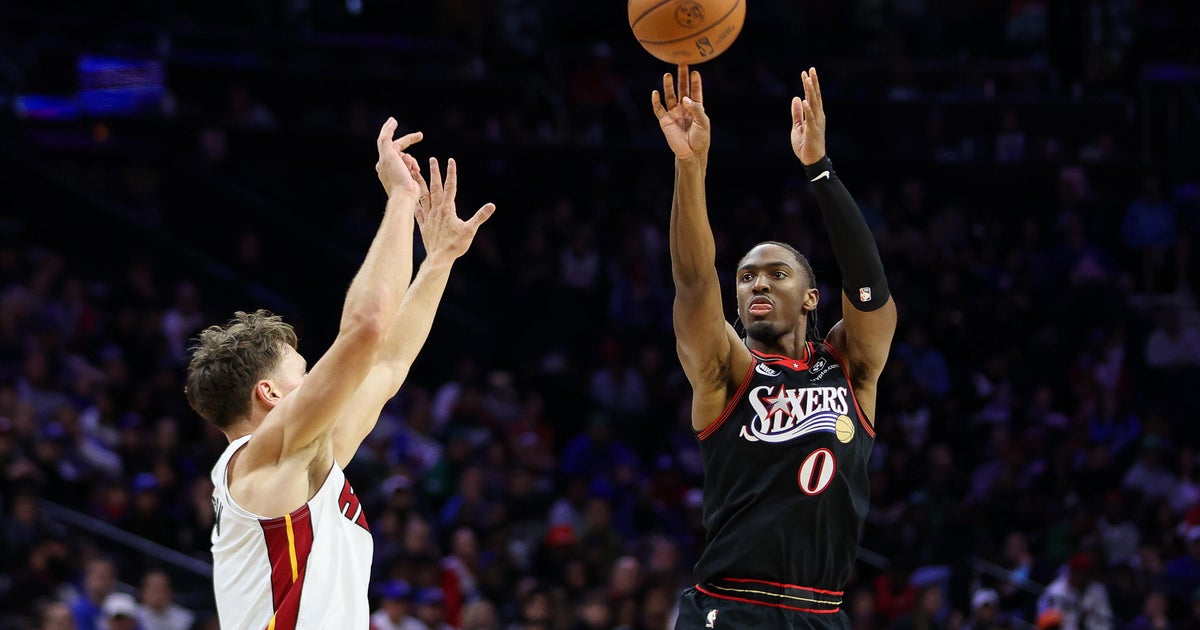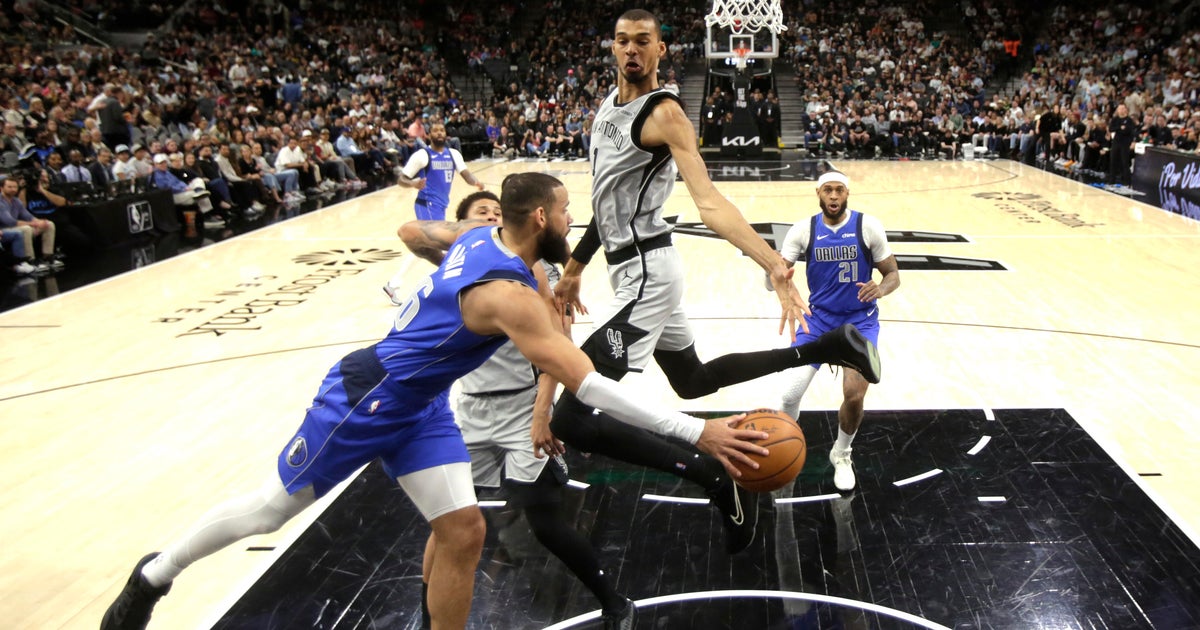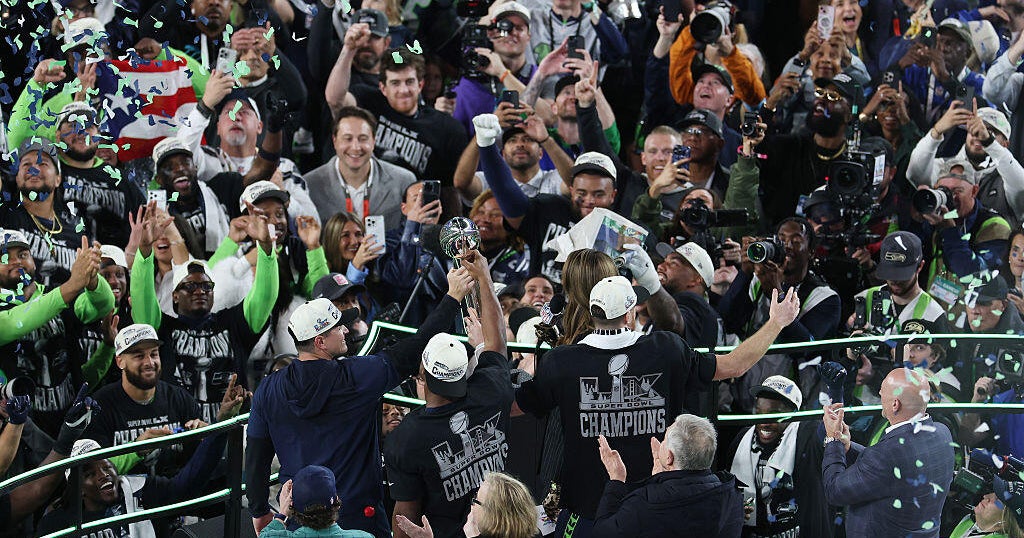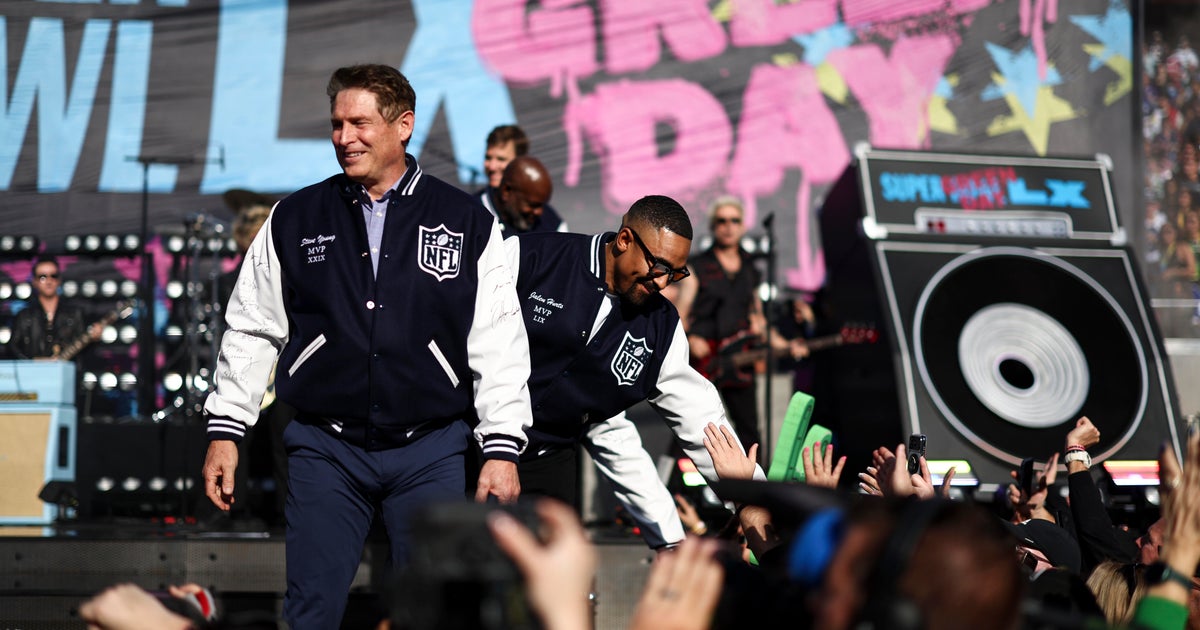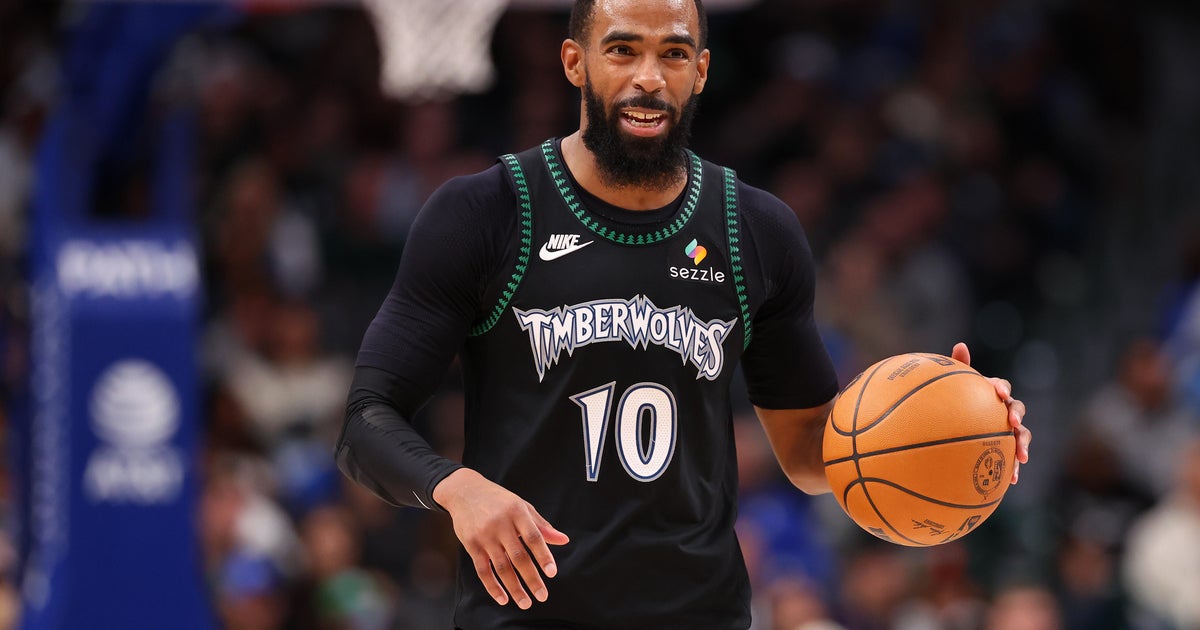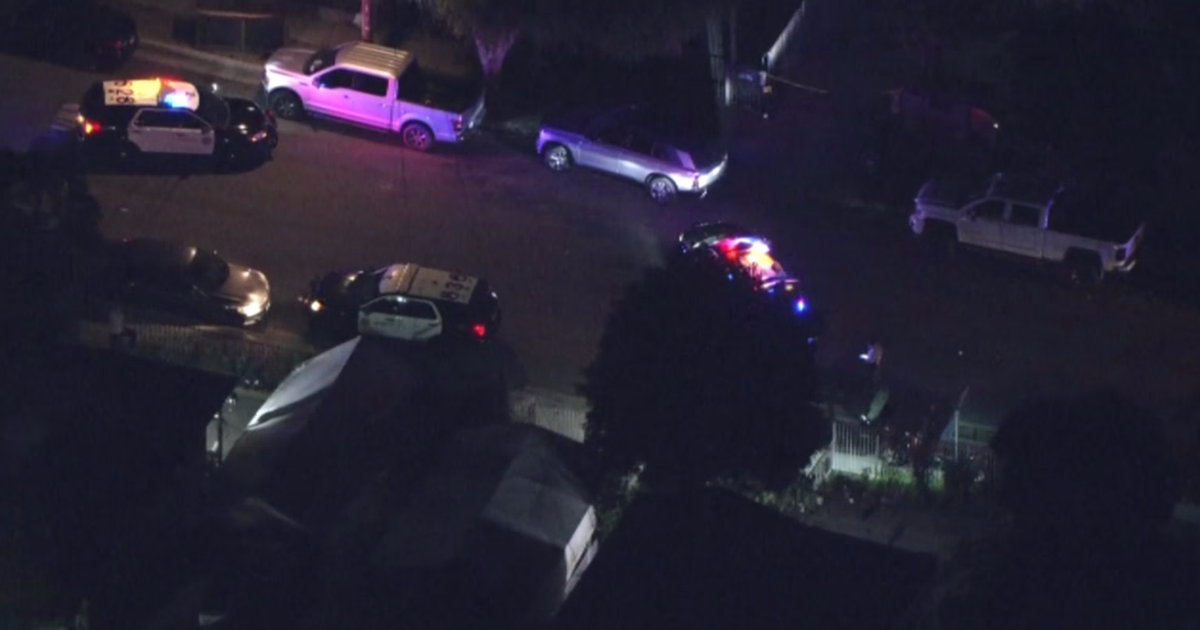Bernstein: Thunder's Defense Deserves More Credit
By Dan Bernstein--
CBSChicago.com senior columnist
(CBS) It's natural for gaudy scoring numbers and hot shooting to steal the headlines. I get it.
This is the NBA, and it's plenty sexy when two superstars in their prime are combining for 63 points in a conference finals blowout of a record-setting defending champ that may have exposed them as more beatable than previously thought. On Sunday night in the Thunder's blowout of the Warriors, Kevin Durant was hitting from mid-range curling around screens, the tallest de facto 2-guard we've ever seen (he under-lists his height at 6-foot-9 -- don't believe it), and Russell Westbrook was at his relentless end-to-end best, carving through and leaping over helpless bodies.
But what stood out to me was what coach Billy Donovan and the Thunder did with their defense to mitigate the Warriors' weapons and use one of their tendencies against them in taking a 2-1 series lead.
By going small for much of the game with lineups featuring Andre Roberson and Dion Waiters, Oklahoma City chose to switch most of Golden State's frequent perimeter screens, thus shutting down the ability to turn the corner and get an angle toward the basket. As much as the highlights feature Durant knocking down shots, he functioned beautifully as a rim protector all night, too, credited with three blocks among other shots he altered or dissuaded.
Durant's length has made him a terror in the passing lanes in this series, not just in gambling for steals but causing passes not to be made due to effective weakside help. He and his teammates have flash-doubled and recovered multiple times in a single possession as needed, and they've made it clear that Steph Curry and Klay Thompson will need to make contested shots to win.
Here's where the quicker lineup and switches force the issue: the advantage for an offensive team against that strategy comes in mismatches, because swapping individual assignments off of screen-roll actions usually leaves the defense crossed up. Once that's clear, the option is to either clear space for a ball-handling guard to blow by the big man or for the big to take the guard right to the block for an easy post-up.
But the Warriors' first-good-shot philosophy isn't suited to that kind of patience, trying to read situations and find advantages given. When the game blew up on them, they weren't trying to optimize their opportunities, even if there were small possibilities to exploit among the many similarly sized players.
"Bad shots," Warriors coach Steve Kerr said afterward. "Quick shots. They stopped moving the ball, they were taking quick shots, which was just feeding their transition. No movement. That's death, here."
And it was, with the game all but over after three quarters. Through that time, the Thunder's defensive rebounding was what connected their defense to that open-throttle running game Kerr mentioned. The Warriors missed 43 of 72 attempts in the first 36 minutes, including 20 of 28 3-pointers, and only had a total of seven offensive rebounds. All the others were cleared by Oklahoma City and moved rapidly back the other direction.
The same could be said for the series, which may eventually turn an historic regular-season performance into a dubious footnote.
Dan Bernstein is a co-host of 670 The Score's "Boers and Bernstein Show" in afternoon drive. You can follow him on Twitter @dan_bernstein and read more of his columns here.
